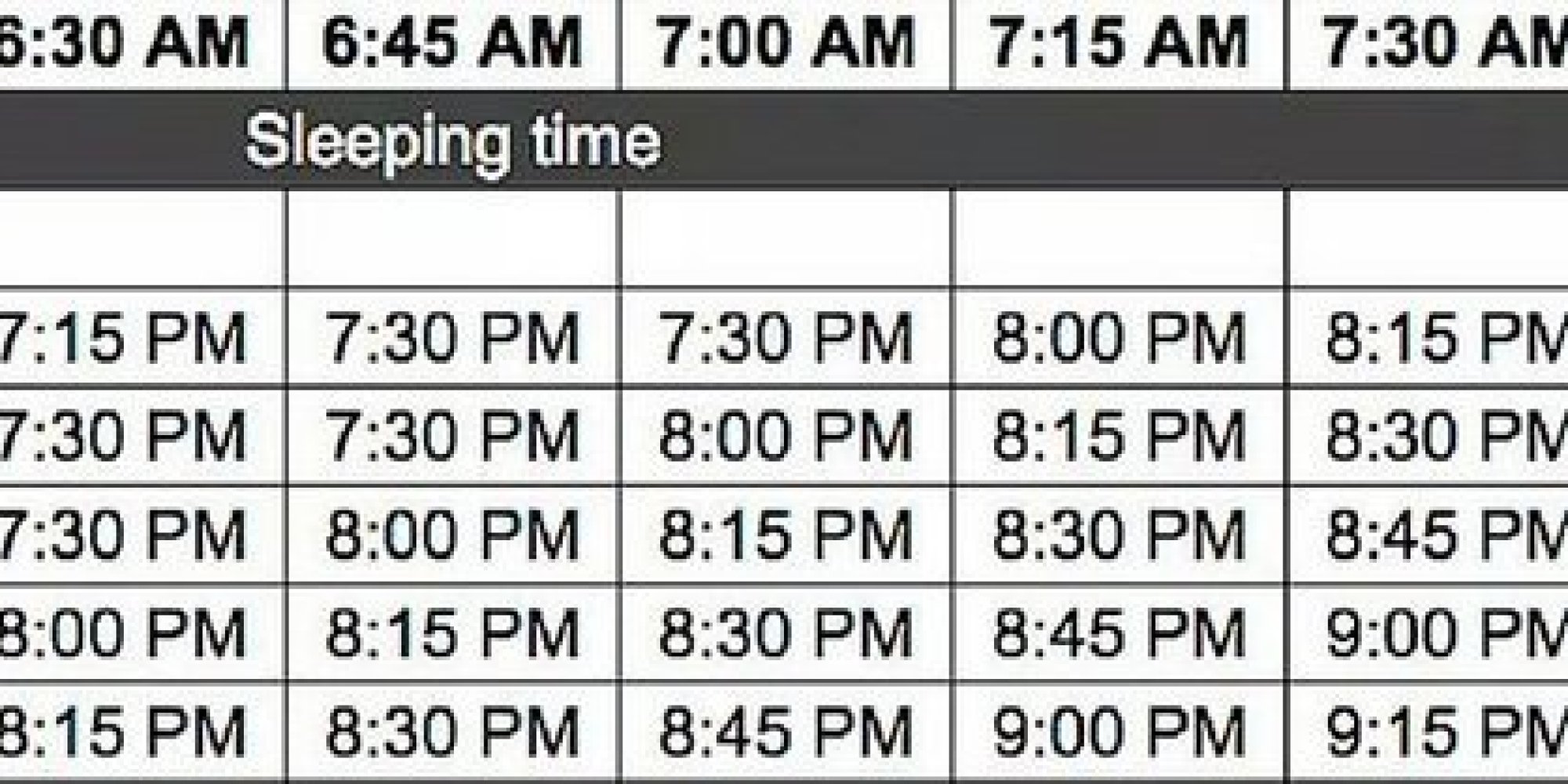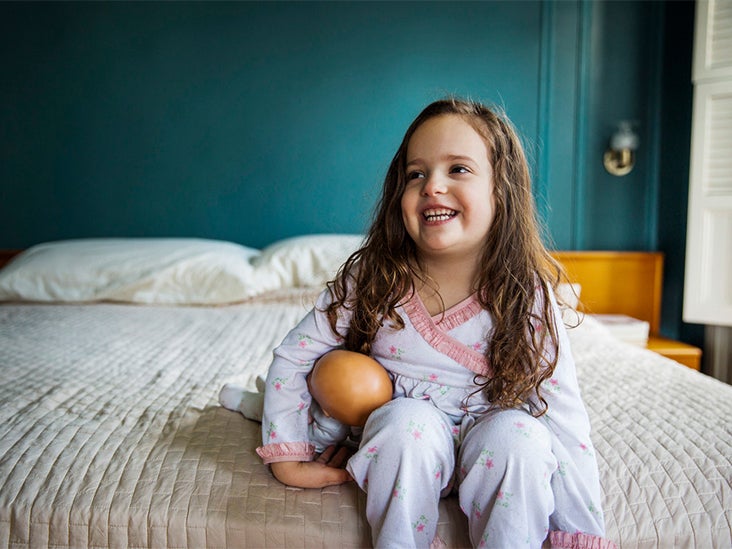
Some children will do better with an earlier bedtime of only 15 minutes. But knowing these averages gives us an idea of what earlier is: it’s anything before the averages listed above. Even with the earlier bedtimes, his wake-up time stayed the same (between 6:30-7 AM). In order to help him get the sleep he needed, his bedtime was moved to between 6-6:30 PM (and as early as 5:30 some days!) to compensate for lost naps.

You’ll know it’s okay because your child will still be getting enough sleep to learn, grow, and develop without being total cranky pants.Įxample: Our oldest son stopped napping at 15 months old. That means that there will be those who don’t quite fit within the mold, and that’s still okay. Please keep in mind that these are averages. Table: Average Sleep Requirements By Age Age Number of Naps Average Nap Length Wake Time Between Naps Bedtime Nighttime Sleep Requirements Sleep Needed in 24 Hours Birth to 6 weeks 4 to 8 15 minutes to 4 hours 45 minutes to an hour Between 9 and 11 PM 8 to 14 hours 14 to 18 hours 6 weeks to 3 months 3 to 4 30 minutes to 2 hours 1 to 2 hours Between 8 and 11 PM 8 to 13 hours 11 to 15 hours 3-6 months 3 1 to 2 hours about 2 hours 8 to 10 PM 9 to 12 hours 12 to 16 hours 6-9 months 3 1 to 2 hours 2 to 3 hours 8 to 10 PM 9 to 12 hours 12 to 14 hours 12-18 months 1 to 2 1 to 2 hours 3 hours 7 to 8 PM 10 to 12 hours 12 to 14 hours 18 months to 3 years 1 1 to 2 hours N/A 7 to 8 PM 10 to 12 hours 11 to 14 hours Preschoolers 0 N/A N/A 7 to 8 PM 10 to 13 hours 10 to 13 hours Grade schoolers 0 N/A N/A 7 to 8 PM 9 to 12 hours 9 to 12 hours Teenagers 0 N/A N/A 8 to 10 hours 8 to 10 hours Table: Average Sleep Requirements by Age So, let’s look at this handy table that I compiled after extensive sleep-related research. Well, in order to have an early bedtime, first we need to know what time the regular bedtime should be. What Time Should This Earlier Bedtime Be? Or, as it’s said so often in the sleep training books, “sleep begets sleep.” So if you want your baby to get over sleep regression, an earlier bedtime is the key.

Well, it’s the exact same scenario for our babies. Then, we can use that to help us set a better, more sustainable schedule so that we do not have to worry about accruing sleep debt anymore. It doesn’t erase the sleep debt, but it does help us get past it. Earlier Bedtimes Mean Better Sleepīy going to bed earlier, our bodies are able to enter a longer sleep cycle (think REM and deep sleep) that will help us recover our cognitive function after being sleep deprived. In fact, the only way for our brains to really recover from sleep debt (sleep deprivation) is to go to bed earlier. Now, as much as I’d like to imagine that I’m erasing sleep debt by sleeping in on a Saturday morning, that’s just not the case. This exhaustion is also called sleep debt.

And that leaves us exhausted, overtired, and super cranky. There will still be an underlying cause like a time change, a vacation, or learning a new developmental task.īut going back to the way our brains are wired, once we get woken up? We are far more likely to keep waking up.

So for most babies who experience sleep regression, it’s right in line with these normal wake times. I mean, how would you feel if you went to sleep in your bed and woke up anywhere else? I’d be terrified! But with babies? This is still very new – and some infants need extra help to get back to sleep – especially if they’ve woken up somewhere that they didn’t fall asleep. After each sleep cycle, it’s totally normal for us to wake up enough to make sure that you’re safe and secure before you go back to sleep.Īs adults, we’ve gotten so used to this pattern that it doesn’t even phase us anymore. Welcome to Sleep Training Kids! Why An Earlier Bedtime Is Key During Sleep Regressionsīecause of the way our brains are wired, a good night’s sleep is comprised of a string of 60-120 minute sleep cycles.


 0 kommentar(er)
0 kommentar(er)
